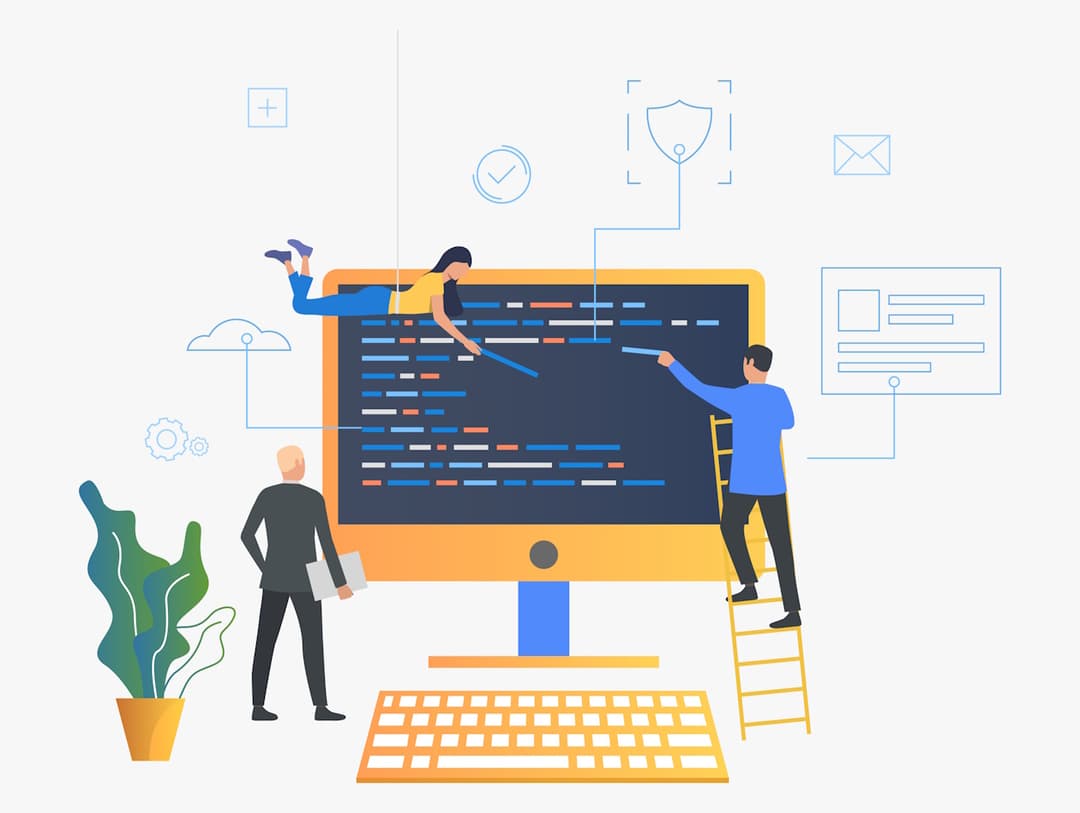
Microservices Architecture: Best Practices for Scalable Systems
- Nexalogics Team
- Architecture, Development
- 15 Oct, 2025
Microservices architecture has become the go-to approach for building scalable, maintainable, and resilient applications. At Nexalogics, we've helped numerous organizations successfully implement microservices. Here's our guide to getting it right.
Why Choose Microservices?
Microservices architecture offers several advantages:
- Independent deployment and scaling
- Technology flexibility per service
- Improved fault isolation
- Easier maintenance and updates
- Better team autonomy
Key Design Principles
Service Boundaries
- Define clear domain boundaries
- Follow Single Responsibility Principle
- Keep services focused and cohesive
- Design APIs for evolution
Data Management
- Maintain data independence
- Choose appropriate databases per service
- Implement eventual consistency
- Handle distributed transactions carefully
Communication Patterns
- Use async communication when possible
- Implement circuit breakers
- Design for failure
- Consider event-driven architectures
Implementation Best Practices
Service Design
- Keep services small but not too small
- Implement health checks
- Use containerization (Docker)
- Implement proper logging and monitoring
API Gateway
- Centralize authentication
- Handle rate limiting
- Implement request routing
- Manage API versions
Testing Strategies
- Implement comprehensive unit tests
- Use contract testing
- Perform integration testing
- Deploy automated end-to-end tests
Operational Excellence
Monitoring and Observability
- Implement distributed tracing
- Set up centralized logging
- Monitor service health
- Track key metrics
Deployment and Scaling
- Use container orchestration (Kubernetes)
- Implement CI/CD pipelines
- Automate scaling policies
- Practice blue-green deployments
Common Pitfalls to Avoid
- Over-decomposition of services
- Ignoring data consistency challenges
- Insufficient monitoring
- Neglecting service discovery
- Underestimating network complexity
Getting Started
Begin your microservices journey with these steps:
- Start small with a few services
- Choose mature tools and frameworks
- Implement robust monitoring from day one
- Focus on automation
- Plan for resilience
At Nexalogics, we provide expert guidance on microservices architecture, helping organizations build scalable, maintainable systems. Contact us to learn how we can assist in your microservices implementation.
